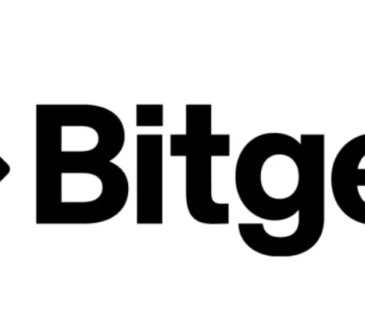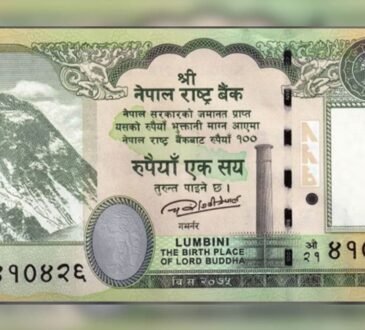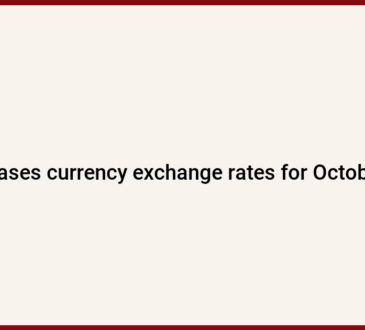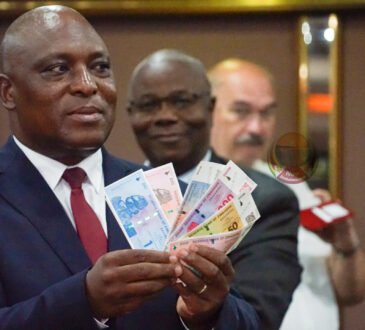The Central Bank of Nigeria (CBN) has stated that currency outside Nigerian banks has dropped to N3.66 trillion amid an inflation fight.
Currency held outside Nigeria’s banking system fell to N3.66 trillion in July 2024, marking a 3.32 percent decrease from the previous month.
CBN reported that the proportion of currency circulating outside banks dropped to 90.39 percent in July, down from 93.59 percent in June.
This reduction aligns with the CBN’s efforts to encourage more cash to remain within the formal banking sector, likely in response to concerns about the informal economy and potential money laundering.
Despite this decline, the total currency in circulation slightly increased, reaching N4.05 trillion in July, compared to N4.04 trillion in June.
Since the start of the year, currency circulation has grown by 11.05 percent, a significant slowdown from the 56.17 percent surge observed during the same period in 2023.
This reduced growth rate may reflect the impact of the CBN’s tightening monetary policies, as well as broader economic challenges such as reduced consumer confidence and lower economic activity.
ALSO READ: Nigeria’s economy recovering under Tinubu – Doyin Okupe
The CBN’s Monetary Policy Committee has identified the surplus cash in circulation as a key driver of Nigeria’s rising inflation, which is being exacerbated by supply chain disruptions, foreign exchange instability, and rising fuel costs.
In response, the CBN raised the Monetary Policy Rate (MPR) by 50 basis points to 26.75 percent in July 2024, as part of its strategy to curb inflation by tightening monetary policy and reducing liquidity.
However, despite these measures, broad money (M3) in the economy surged to N106.27 trillion in July 2024, indicating that other factors, such as credit expansion and government spending, are offsetting the CBN’s efforts.
Credit to the private sector also continued to grow, reaching N75.48 trillion year-on-year in July, reflecting ongoing demand for financing despite higher borrowing costs.





